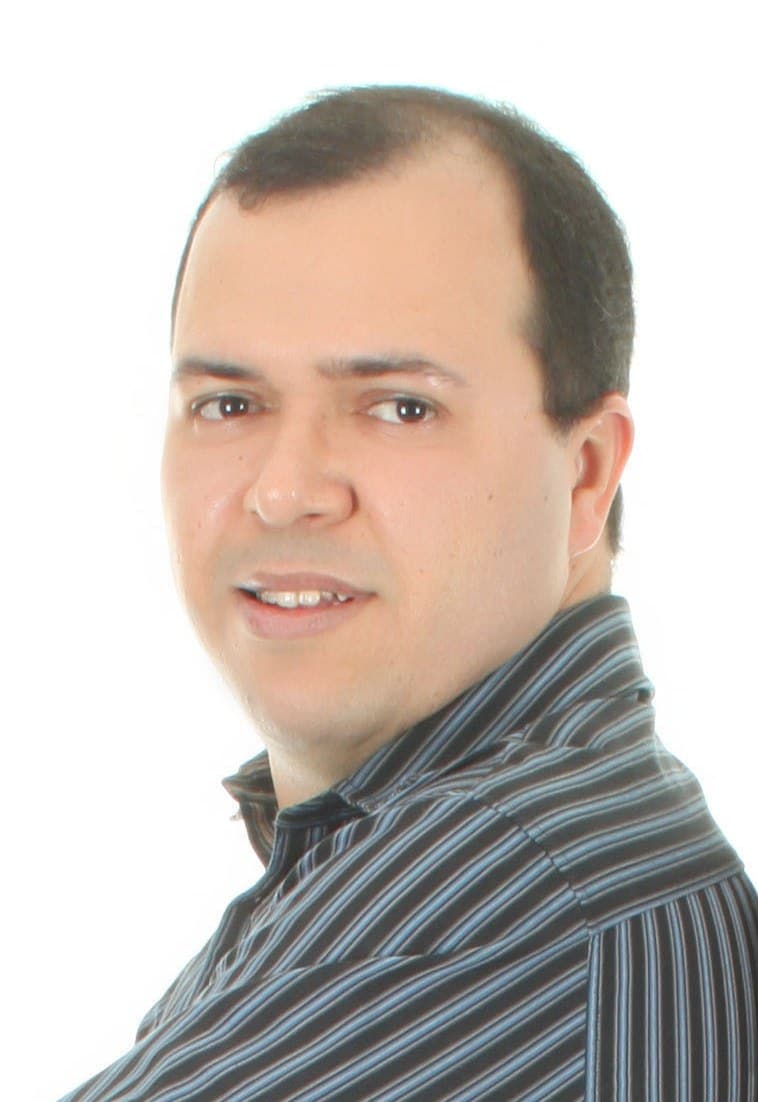Have you ever wondered how your actions as a teacher may shape the classroom dynamics that you actually experience?
Hello everyone!
This month, I’d like to share some of the results of a dissertation that investigated, through classroom observation and interviews, the oral narratives of four public and private-school teachers. Carolina Lima[1] wanted an answer to this difficult question: what underlies the decisions teachers’ make?
In academia, making decisions or choosing a course of action is expressed with a fancy word – agency. In Applied Linguistics, its most recurrent definition is the socio-culturally mediated capacity to act, which means that our actions are modulated by the socio cultural environment around us. As agents, we intentionally influence our functioning and life circumstances. This means that we create the life we live with our actions – a powerful idea. Now, transfer that to your classroom. Have you ever wondered how your actions as a teacher may shape the classroom dynamics that you actually experience?
Carol’s results show that teachers’ decisions and actions are modulated by the interplay of elements that involve in (1) the environment; (2) those who share that environment with the teacher; (3) the teacher’s personality and beliefs, and (4) the moment.
The figure below summarizes Diana’s and Maria’s, the public-school teachers, agentive system.
These teachers interpret their teaching environment as limiting, thus they do little to try to change it. They share insecurity feelings related to the lack of professional knowledge; limited proficiency in English (in Maria’s case), and, sensitive personality and moment in life (in Diana’s case). Such feelings curb innovative behaviors. They play safe rather than implement change. Teaching and learning beliefs from past experiences underlie actions or non-actions. Beliefs in (1) learning as good grades translate into “teaching to the test”; (2) students that are not capable inhibit trying new possibilities. Motivation depends on students’ responses, triggering some teacher innovation when students show interest.
Diana’s beliefs on students’ roles contribute to idealizing them and the classroom. Low teacher status in society promotes a victimized self-image that fosters passivity. Maria’s belief in discipline related to learning comes from others, leading her to “discipline the class”. This clashes with her personality and modulates contradictory attitudes of acceptance and repression. Finally, financial issues lead her to give up teaching English.
Concluding, reflect on the elements that modulate your actions to promote change and check Carol’s dissertation in August 2014 at: https://www.poslin.letras.ufmg.br/index.php/teses-dissetacoes
Cheers!
| [1] LIMA, C. V. A. “Eu faço o que posso”: experiências, agência e complexidade no ensino de língua inglesa”. Dissertação de Doutorado (Estudos Linguísticos). Faculdade de Letras. Belo Horizonte, UFMG, 2014. |






